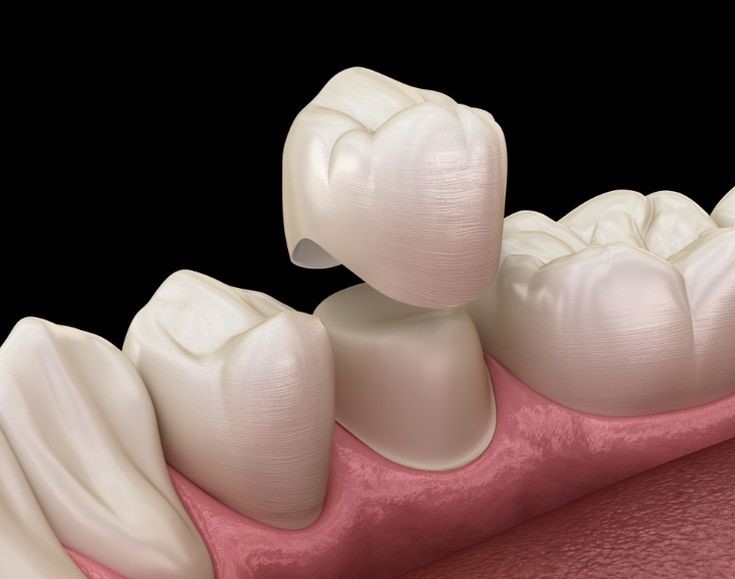Crowns

2. Types of Dental Crowns: Different materials can be used to create dental crowns, each with its advantages and considerations. Common types include:
3. Procedure: The dental crown placement process typically involves the following steps:
4. Benefits: Dental crowns offer several benefits, including:
To schedule your appointment